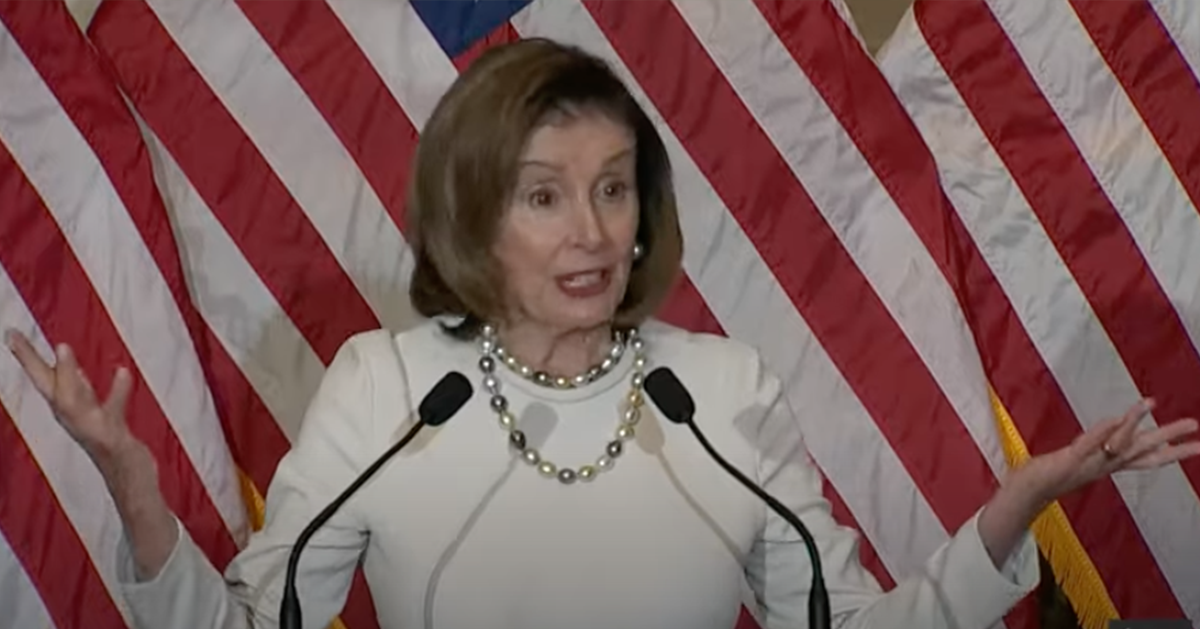Democratic FCC Leadership Reinstates Net Neutrality Regulations
The Federal Communications Commission, under its current Democratic majority, has voted to reintroduce the net neutrality rules previously overturned during the Trump era.
The reinstatement of Obama-era net neutrality rules by the Democrat-led FCC has rekindled debates on internet regulation and its impact on innovation and pricing, as Breitbart reports.
On Thursday, the FCC, led by its Democrat members, opted to revert to regulations that prohibit internet service providers (ISPs) from blocking, throttling, or creating paid prioritization for online content.
This move effectively overturns actions taken during the administration of President Donald Trump under then-Chairman Ajit Pai.
Political Reactions and Opposition
FCC Commissioner Brendan Carr has been vocal in his criticism of the restored policies, describing them as an overreach by the administrative state. He highlighted concerns over the shift in focus from tech giants to ISPs concerning online discourse and censorship.
Allum Bokhari, a tech commentator, pointed out the discrepancy in regulatory focus. He noted that while ISPs are being heavily regulated under these rules, tech platforms, which have a history of content moderation, are not subjected to similar oversight.
The return of net neutrality has sparked criticism from several quarters, with opponents citing the improvements in internet service quality since its repeal. Brendan Carr expressed his disappointment, suggesting that the FCC should instead concentrate on larger issues within the tech industry.
Implications for Internet Service Providers
Data from several studies show that since the repeal of net neutrality, there has been a significant increase in both fixed and mobile broadband speeds, with prices seeing a downward trend. Since 2017, fixed broadband speeds have increased by 430%, and mobile broadband speeds by 647%, with internet service prices dropping around 9% since early 2018.
During the 2020 pandemic, ISPs demonstrated their capability to manage increased traffic effectively without the constraints of net neutrality. Adam Brandon, President of FreedomWorks, praised ISPs for their performance during this period, highlighting their ability to adapt and maintain service quality under increased demand.
However, the restoration of net neutrality has been criticized as a costly and unnecessary government intervention. James Czerniawski, a senior policy analyst at Americans for Prosperity, labeled it as "Bidenomics for the web," predicting it would lead to higher costs and stifled innovation.
Debate Over Free Speech and Tech Regulation
The debate extends into the realm of free speech with recent actions by Google to block some California news outlets over a legislative dispute, underscoring concerns about whether tech giants or ISPs pose a greater threat to free expression.
Opponents of net neutrality argue that the focus should not be on ISPs, which generally do not engage in political censorship, but rather on big tech platforms that have actively moderated content based on political views.
This ongoing conflict underscores the complex dynamics between internet governance, free speech, and market regulation.
Future Directions and Industry Impact
Critics like Brendan Carr advocate for a shift in focus from reinstating past policies to enhancing the FCC's spectrum authority and addressing the digital divide. This perspective suggests prioritizing broader telecommunications issues over net neutrality.
Despite the contention, proponents of net neutrality argue that these regulations are essential for maintaining a fair and competitive internet landscape. They contend that without these rules, ISPs could potentially manipulate internet traffic, which could disadvantage consumers and small businesses.
As this debate continues, the impacts of this regulatory shift will become more apparent, influencing everything from consumer prices to how new technologies are adopted and developed in the internet ecosystem.
Concluding Thoughts on Net Neutrality's Return
The reinstatement of net neutrality by the FCC marks a significant shift in internet regulation, with broad implications for ISPs, tech companies, and consumers alike.
The ongoing debate highlights the tension between government regulation and industry innovation, with varying perspectives on the best path forward for internet governance in the United States.





